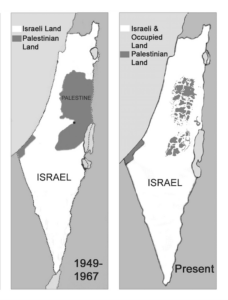The international court concluded a case against a former child soldier whose defense included that he had been a victim himself when he was abducted and conscripted into Uganda’s Lord’s Resistance Army at the age of 10. The acts for which he was tried took place later on, when he was a high ranking commander of that force.
The ruling establishes for the ICC that “suffered victimization in the past is not a justification, nor an excuse to victimize others,” as was argued by ICC prosecutor Fatou Bensouda in her opening statements of the trial in 2016.
The ruling is considered to be somewhat of a landmark because it expands the ICC’s definition of war crimes and crimes against humanity to include forced pregnancy and forced marriage.
By Milan Sime Martinić

